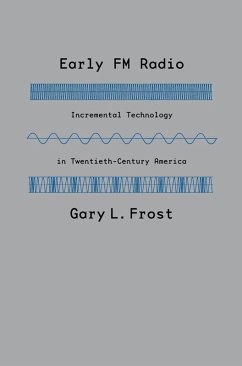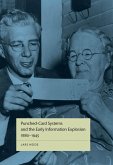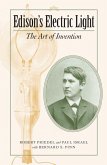The commonly accepted history of FM radio is one of the twentieth century's iconic sagas of invention, heroism, and tragedy. Edwin Howard Armstrong created a system of wideband frequency-modulation radio in 1933. The Radio Corporation of America (RCA), convinced that Armstrong's system threatened its AM empire, failed to develop the new technology and refused to pay Armstrong royalties. Armstrong sued the company at great personal cost. He died despondent, exhausted, and broke. But this account, according to Gary L. Frost, ignores the contributions of scores of other individuals who were involved in the decades-long struggle to realize the potential of FM radio. The first scholar to fully examine recently uncovered evidence from the Armstrong v. RCA lawsuit, Frost offers a thorough revision of the FM story. Frost's balanced, contextualized approach provides a much-needed corrective to previous accounts. Navigating deftly through the details of a complicated story, he examines the motivations and interactions of the three communities most intimately involved in the development of the technology-Progressive-era amateur radio operators, RCA and Westinghouse engineers, and early FM broadcasters. In the process, Frost demonstrates the tension between competition and collaboration that goes hand in hand with the emergence and refinement of new technologies. Frost's study reconsiders both the social construction of FM radio and the process of technological evolution. Historians of technology, communication, and media will welcome this important reexamination of the canonic story of early FM radio.
Dieser Download kann aus rechtlichen Gründen nur mit Rechnungsadresse in A, B, BG, CY, CZ, D, DK, EW, E, FIN, F, GR, HR, H, IRL, I, LT, L, LR, M, NL, PL, P, R, S, SLO, SK ausgeliefert werden.









